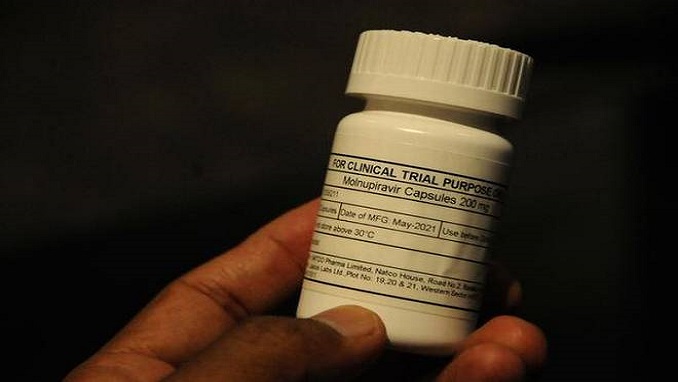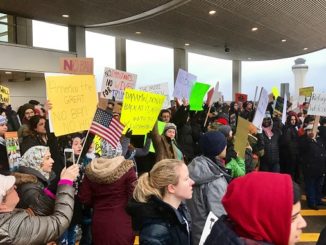
The experimental COVID-19 treatment pill Molnupiravir developed by Merck and Ridgeback Biotherapeutics, which has been shown to reduce the hospitalization and death rates among people at high risk of developing severe COVID, was backed by a panel of US health advisers in a 13-10 vote on Tuesday.
The strongest support was expressed for the use of the drug by adults with mild-to-moderate COVID-19 symptoms who face the greatest risks due to their age or conditions like obesity and asthma.
The United States Food and Drug Administration (FDA) panel’s recommendation is not binding but is setting the stage for a likely authorization as the first at-home treatment for Americans to treat the coronavirus.
Following the lengthy debate over the pill’s modest benefits and potential safety issues, the panel voted that the antiviral drug’s benefits outweigh its risks, including potential birth defects if used during pregnancy.
Yet, they called on the FDA to recommend extra precautions before using the drug, including pregnancy tests for women of child-bearing age.
The panel chair Dr. Lindsey Baden of Harvard Medical School, who voted in favor of the drug, pointed that this was an incredibly difficult decision with many more questions than answers, stressing that the drug’s use for patients would have to be carefully tailored by FDA.
FDA is expected to make its own decision before year’s end.
Although Merck hasn’t tested its drug specifically against the new variant Omicron, molnupiravir, which is already authorized in the UK, should have some potency based on its effectiveness against other strains of the virus.
According to Merck scientist Daria Hazuda, the drug, which inserts tiny errors into the virus’s genetic code to stop it from reducing, targets part of the virus known as RNA polymerase, which has not changed much in the Omicron variant.
This could provide a much-needed weapon against the virus as colder weather pushes case counts higher.
The US government has a contract to buy as many as 5 million courses of Merck’s molnupiravir at a price of $700 per course. In comparison, the US paid around $20 per dose for its supply of the BioNTech-Pfizer vaccine.




Be the first to comment